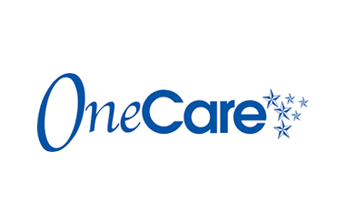The University of Tasmania in partnership with OneCare Limited has been awarded an ARIIA grant for their project ‘Building resilience and reducing burnout in aged care staff: implementation of a mindfulness program’.
This proposal targets retention of the aged care workforce by implementing a mindfulness program to increase staff resilience and work engagement, while decreasing stress and burnout. The Mindfulness In Motion (MIM) program is an eight week, online evidence-based mindfulness and yoga intervention that has strong evidence to support its efficacy in enhancing health care professional wellbeing and reducing burnout. The program has been delivered to a range of health care staff across a variety of settings in the US.
This project will be the first Australian study to deliver and evaluate the MIM program and the first in a residential aged care setting. We will work with a Tasmanian Aged Care provider – OneCare LTD - to codesign a bespoke implementation strategy that will support the translation of the MIM program into the organisation. We will use a type 2 hybrid implementation design to assess the effectiveness of a) the MIM program on staff outcomes (burnout, stress, work engagement, resilience and turnover) and b) the codesigned implementation strategy.
This project aims to assess the potential for translating the successful MIM program into residential aged care services as a feasible and acceptable intervention to reduce staff burnout and enhance staff retention.

